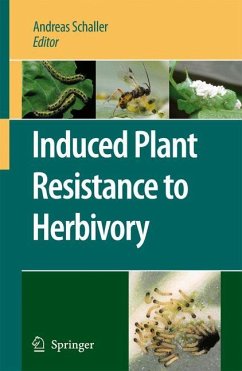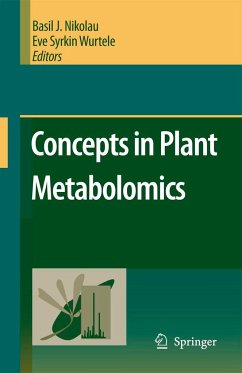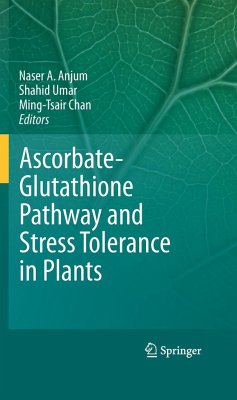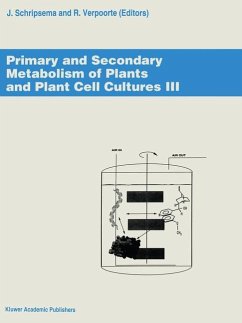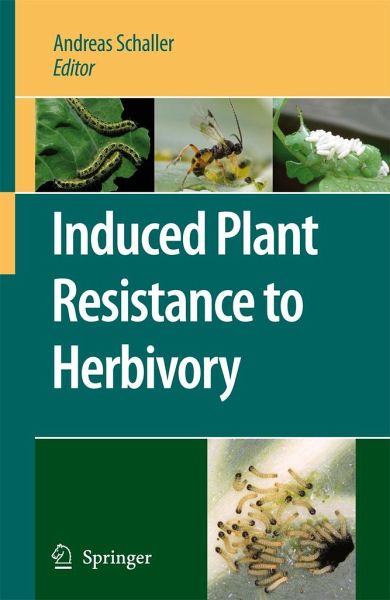
Induced Plant Resistance to Herbivory

PAYBACK Punkte
76 °P sammeln!
Flowering plants dominate much of the Earth's surface and yet, as sessile organisms, they must constantly resist attack by numerous voracious herbivores. Survival in the face of an abundance of insect predators relies on sophisticated resistance systems allowing plants to escape from herbivory in time or in space, to confront herbivores directly, or to fight them indirectly by remarkable collaborations with other species. Until recently, plant resistance was believed to be constitutive, i.e. ever-present and independent from herbivore attack. However, plants were discovered to respond actively...
Flowering plants dominate much of the Earth's surface and yet, as sessile organisms, they must constantly resist attack by numerous voracious herbivores. Survival in the face of an abundance of insect predators relies on sophisticated resistance systems allowing plants to escape from herbivory in time or in space, to confront herbivores directly, or to fight them indirectly by remarkable collaborations with other species. Until recently, plant resistance was believed to be constitutive, i.e. ever-present and independent from herbivore attack. However, plants were discovered to respond actively to herbivory through the mobilization of specific defenses, and this discovery opened an exciting new field of research.
This book provides a thorough overview of the anatomical, chemical, and developmental features contributing to plant defense, with particular emphasis on plant responses that are induced by wounding or herbivore attack.
This book provides a thorough overview of the anatomical, chemical, and developmental features contributing to plant defense, with particular emphasis on plant responses that are induced by wounding or herbivore attack.



